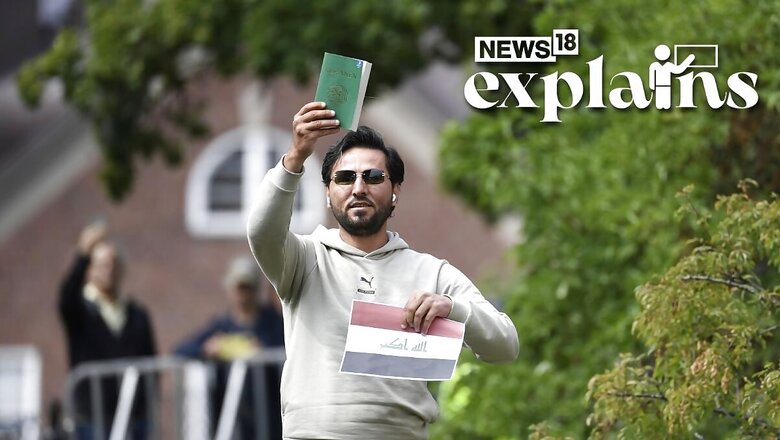
views
Swedish police granted permission yet again for the desecration of Quran outside the Iraqi embassy in Stockholm inviting condemnations from across countries.
Protesters in Stockholm did not burn the Quran as they had initially threatened to do, but they kicked and partially damaged the Quran, sparking protests across Muslim majority nations.
The protest comes just weeks after a man set fire to pages of the Koran outside Stockholm’s main mosque, leading to widespread outrage.
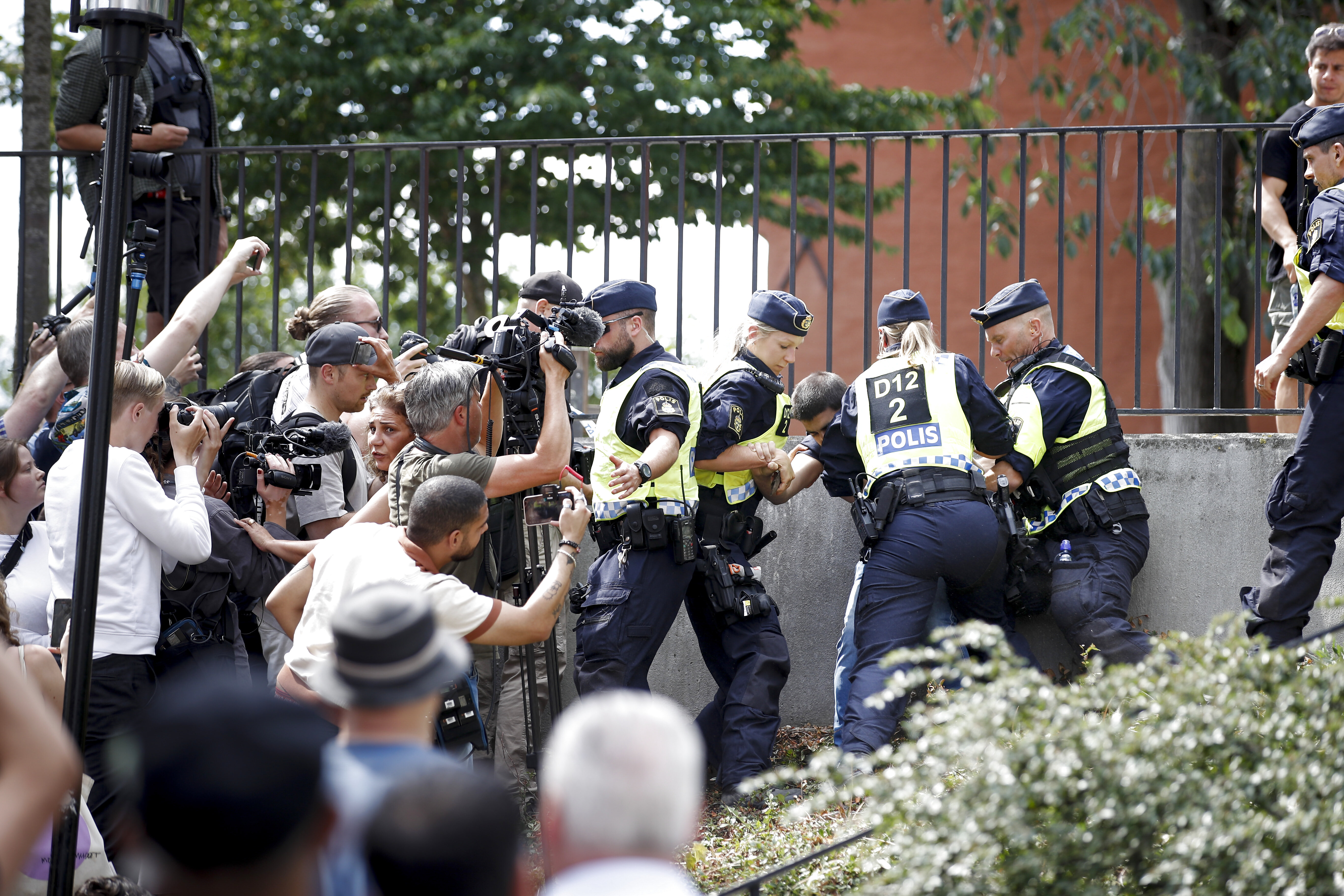
The episode left the Swedish government apologetic as Sweden’s ambassadors were summoned in various countries and Iraq expelling the Swedish ambassador to the country.
The second-such incident has left Sweden fearing that the outrage, especially in the Middle East, may delay Turkey lifting its veto on Sweden’s NATO membership.
Why does Sweden allow Quran burnings?
There is no law in Sweden specifically prohibiting the burning or desecration of the Quran or other religious texts. Like many Western countries, Sweden doesn’t have any blasphemy laws at present.
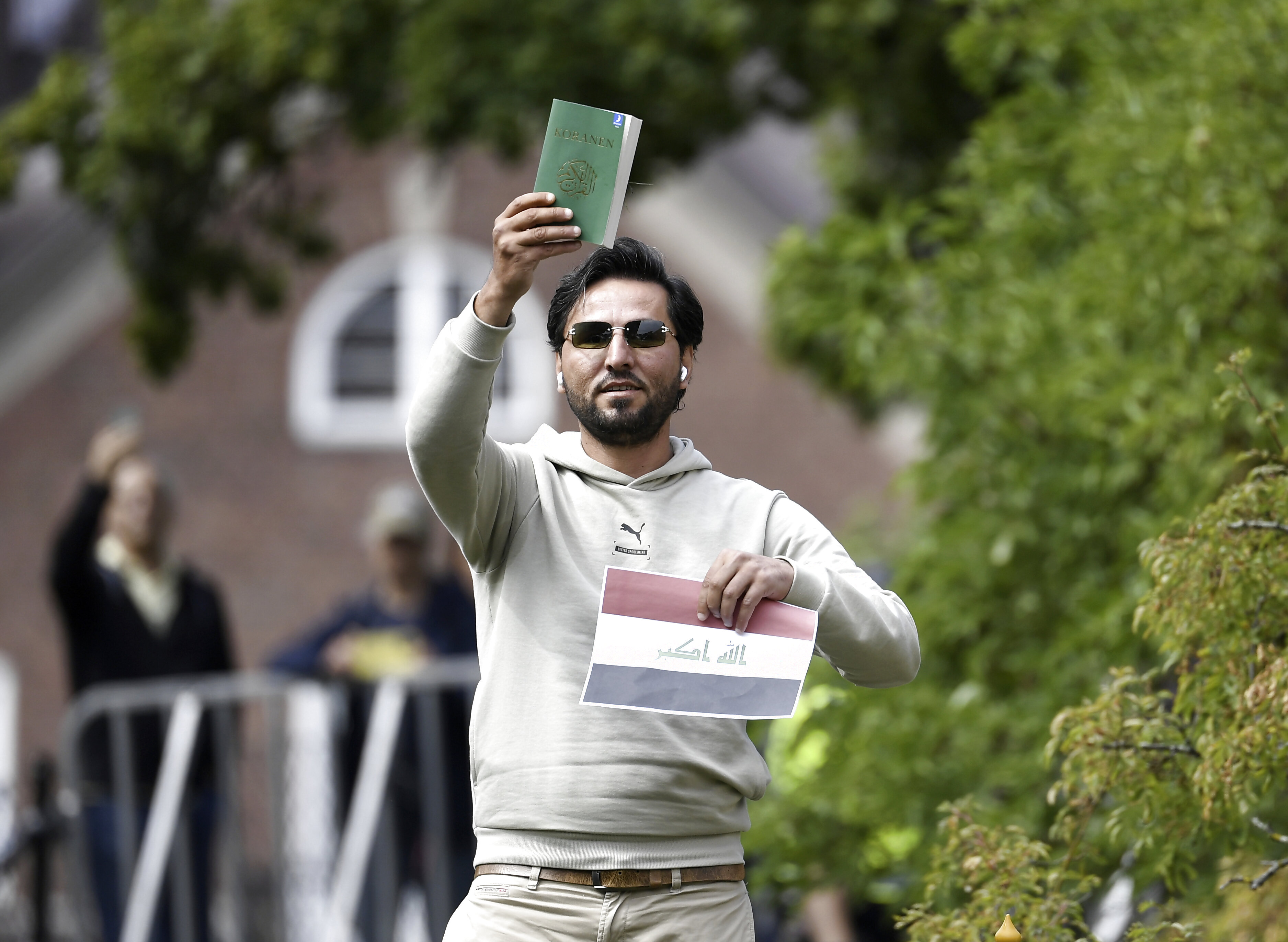
However, till the 19th century, blasphemy was considered a serious crime in Sweden, punishable by death. However, blasphemy laws were gradually relaxed as Sweden became increasingly secularized. The last such law was taken off the books in 1970.
Why is the Swedish Government Not Interfering?
Many Muslim countries have called on the Swedish government to stop protesters from burning the Quran. However, it is up to police, not the Swedish government, to decide whether to authorize demonstrations or public gatherings.
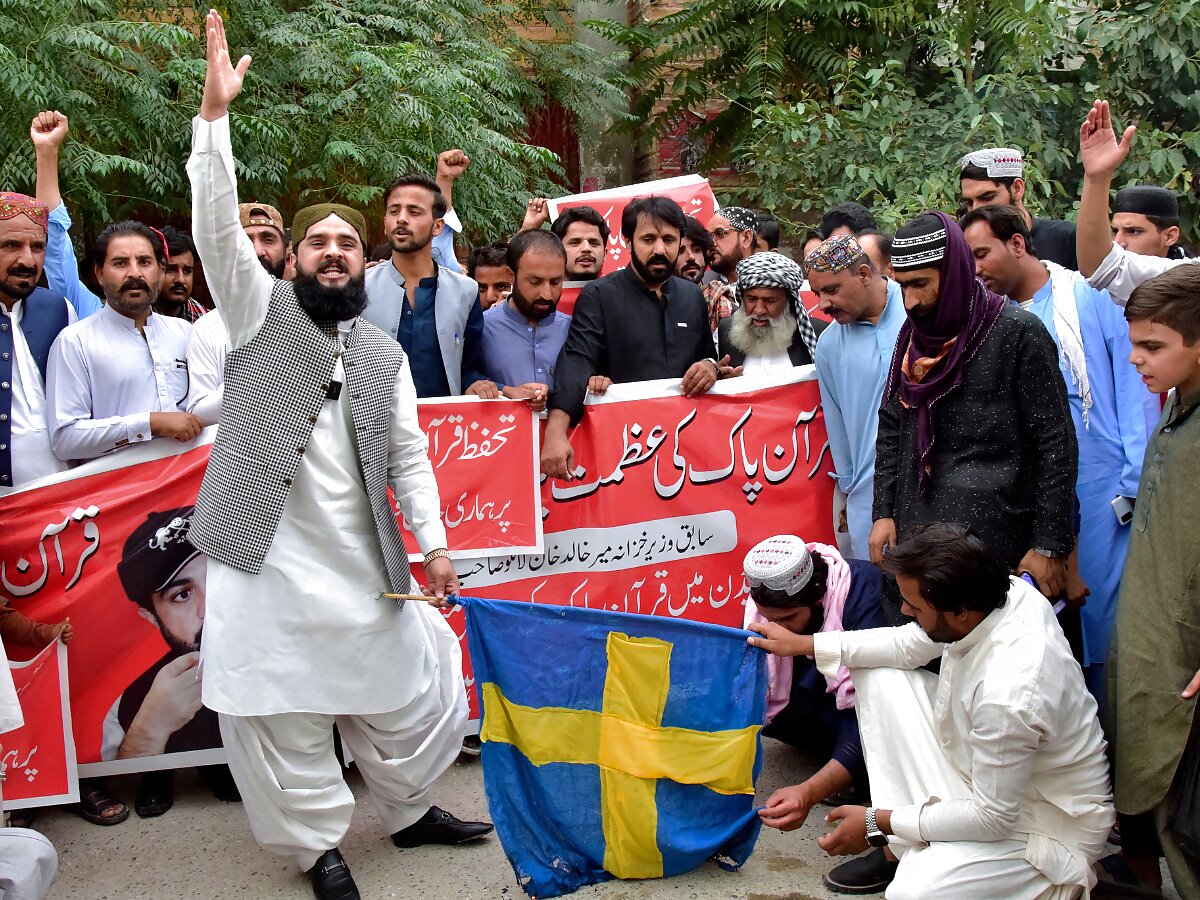
The freedom of speech is protected under the Swedish constitution. Police need to cite specific grounds to deny a permit for a demonstration or public gathering, such as risks to public safety.
Stockholm police did just that in February when they denied two applications for Quran-burning protests, citing assessments from the Swedish Security Service that such acts could increase the risk of terror attacks against Sweden. But a court later overturned those decisions, saying police need to cite more concrete threats to ban a public gathering.
Sweden’s NATO Membership Stalled
After months of deadlock, Turkey’s president Recep Tayyip Erdogan, earlier this month agreed to set aside his veto and recommend to his parliament that Sweden’s application go ahead.
The surprise announcement would have ended nearly a year of Turkey’s opposition, Turkey has been holding off ratifying Sweden’s membership in the alliance, accusing Sweden of being too soft toward groups that Ankara regards as threats to its security, including Kurdish militants and members of a network that Ankara blames for a failed coup in 2016.
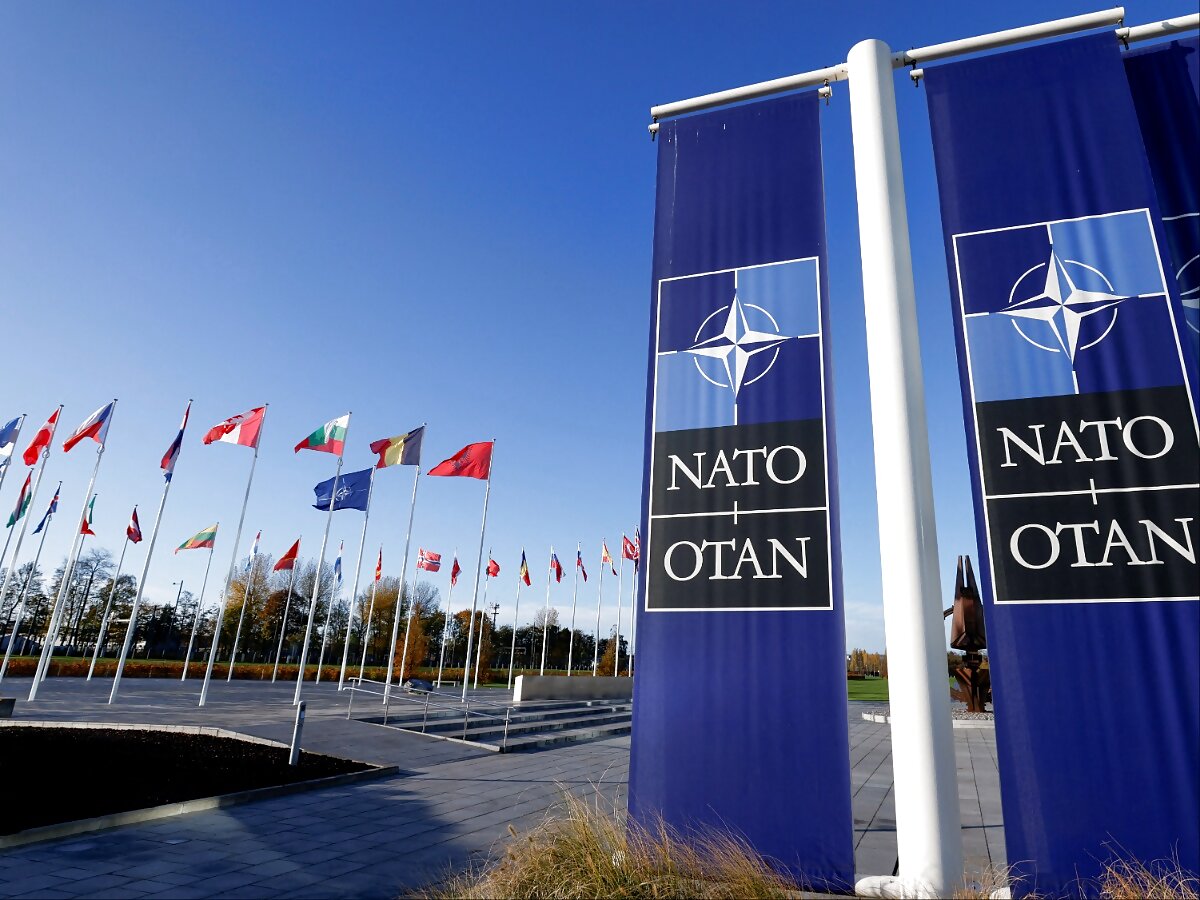
Ankara has also been angered by the Quran-burning protest in Stockholm. Ankara warned that the Koran desecration could complicate Ankara’s long-delayed approval of Sweden’s membership to join NATO.
NATO requires the unanimous approval of all existing members to expand.
Turkey’s foreign ministry has called on Sweden to take “dissuasive measures to prevent hate crimes against Islam and its billions of followers”.
Meanwhile, Erdoğan had planned an emergency meeting of the Turkish parliament on 25 July to prepare for lifting the veto. However, it is not clear whether Turkey would life the veto on Sweden, especially amid the widespread condemnation of Islamic nations.
What does Sweden offer NATO?
By joining NATO, Sweden, with its 10.5 million population, is ending an era of more than two centuries of staying outside military alliances, even though its neutrality formally ended in the 1990s.

Experts believe that Sweden’s entry into the alliance, along with that of Finland which took effect in early April, offers better protection to the Baltic states, the former Soviet republics on NATO’s northeastern flank.
By joining, Sweden has avoided becoming the only country bordering the Baltic Sea not to be a member of NATO — apart from Russia.
Turkey and Hungary are the only countries that have not yet ratified Sweden’s bid.



















Comments
0 comment